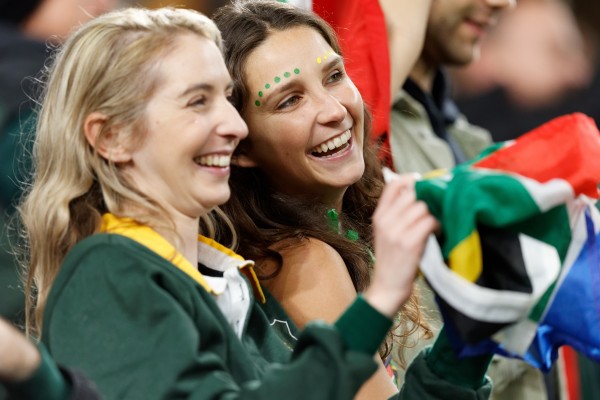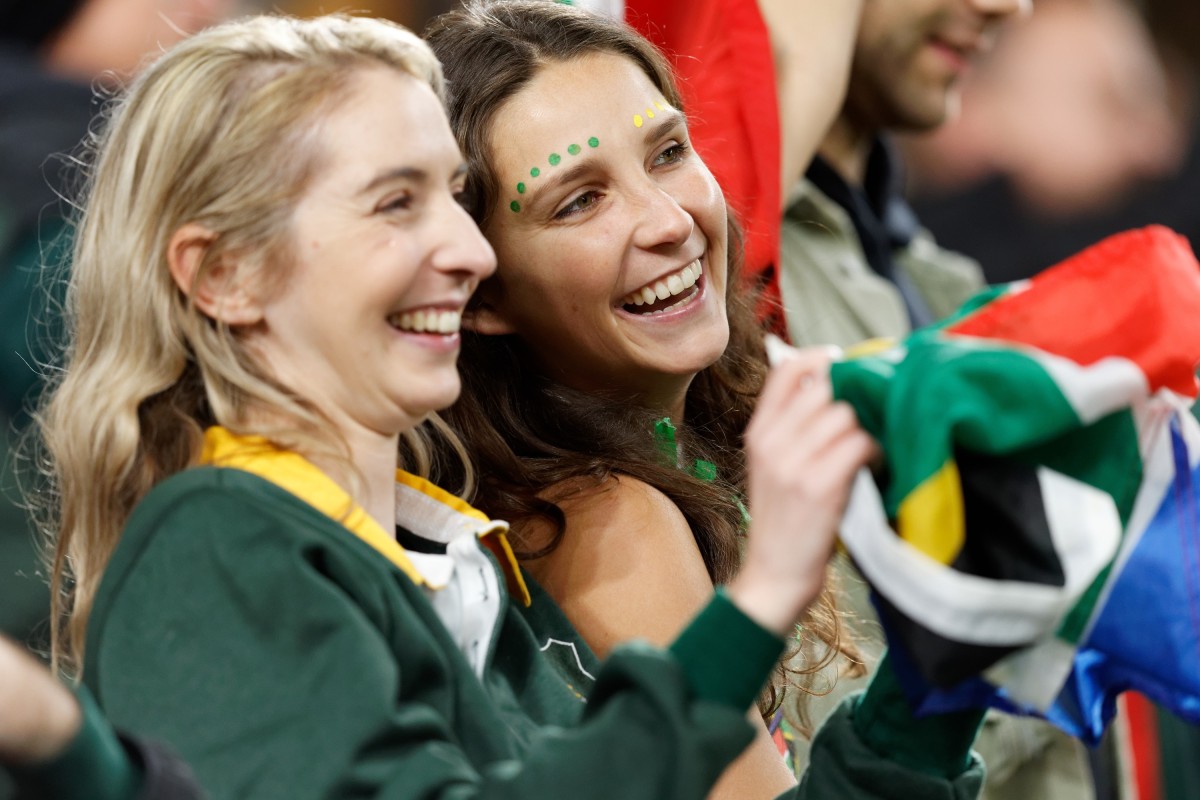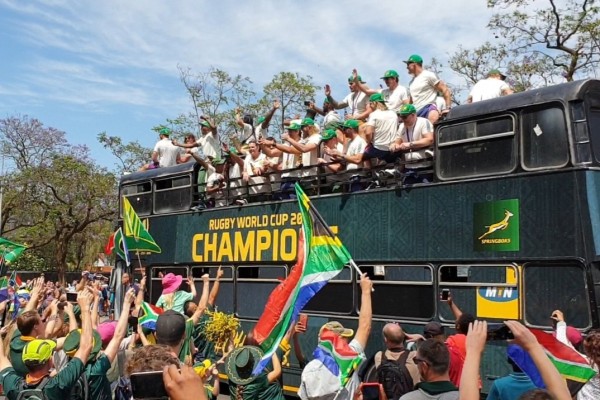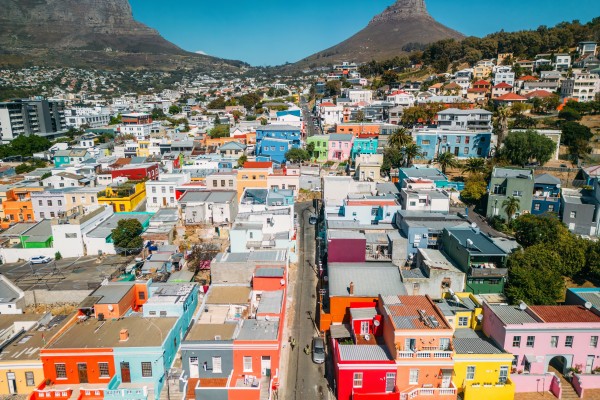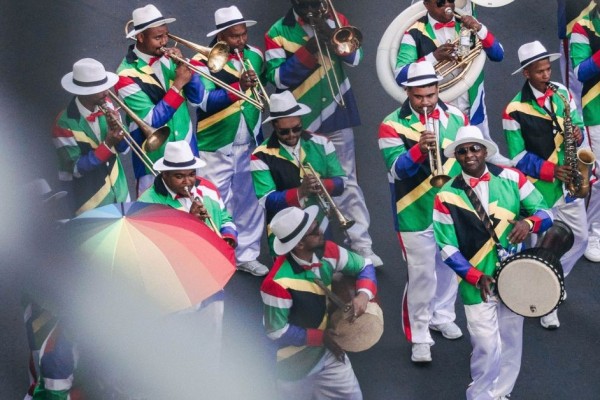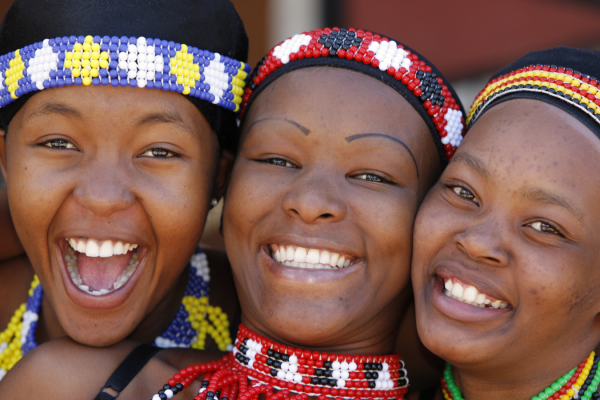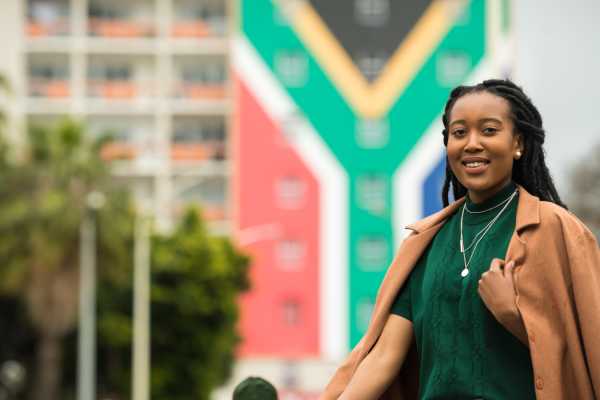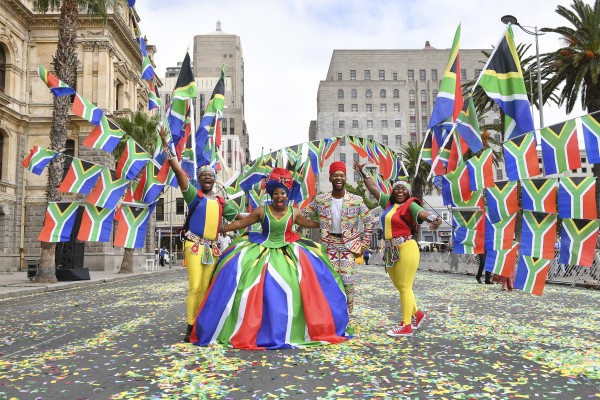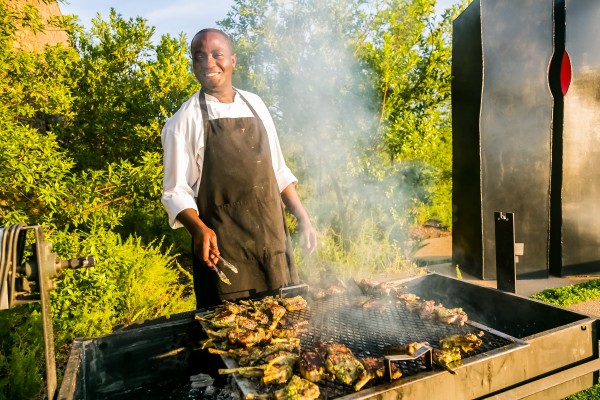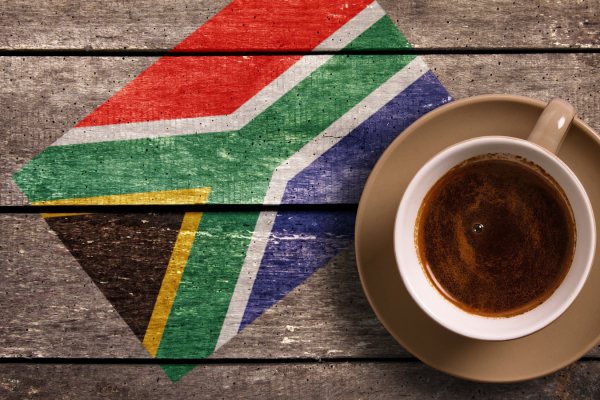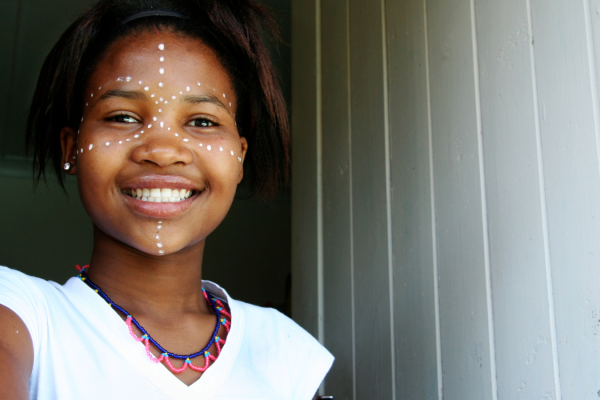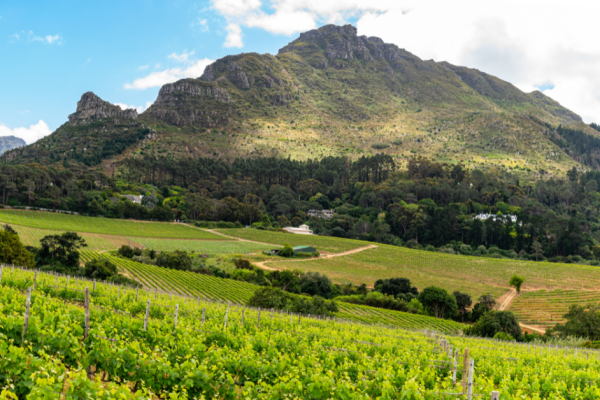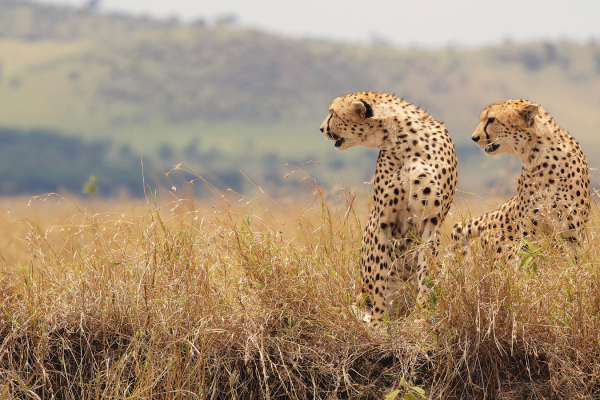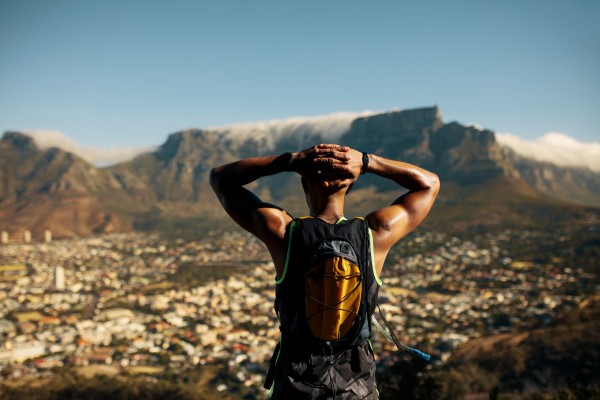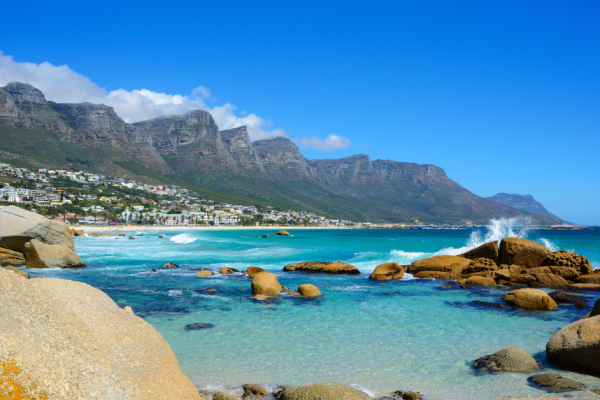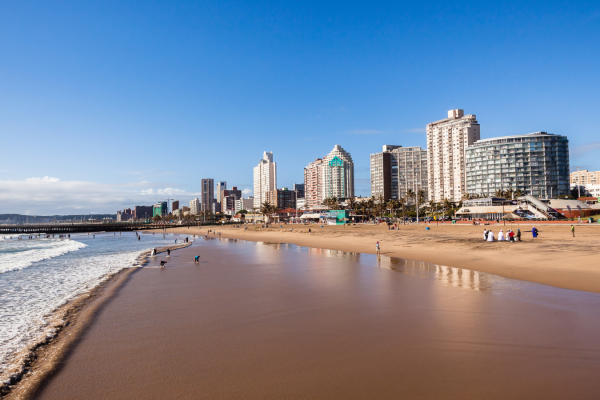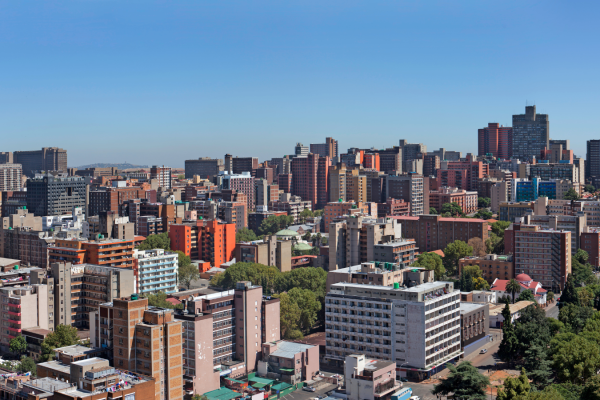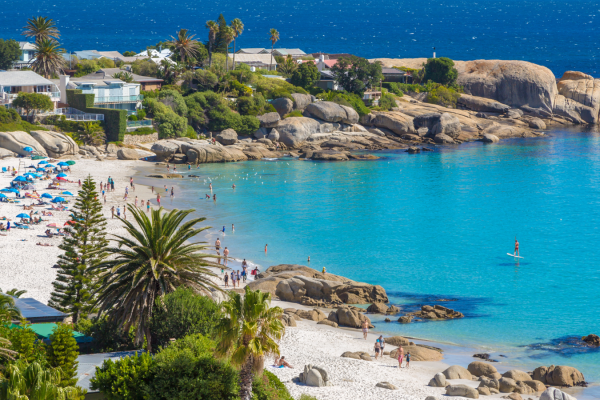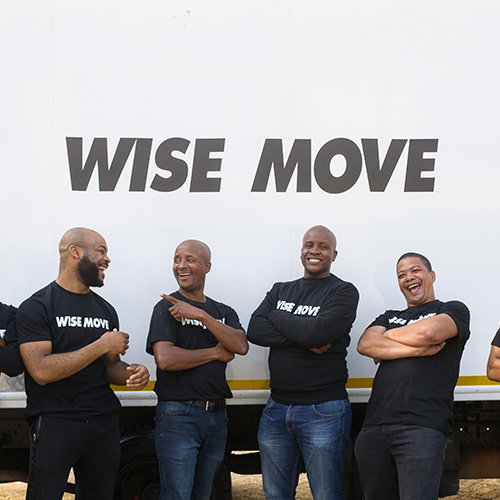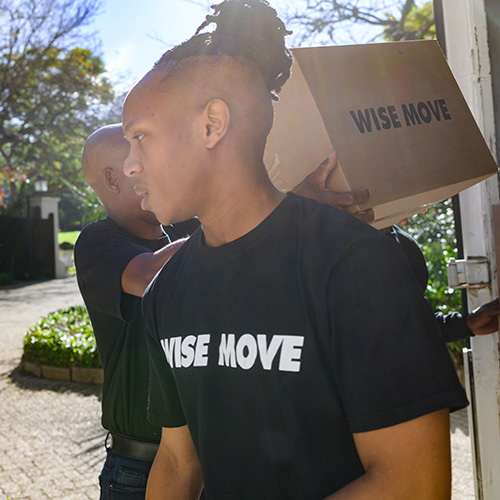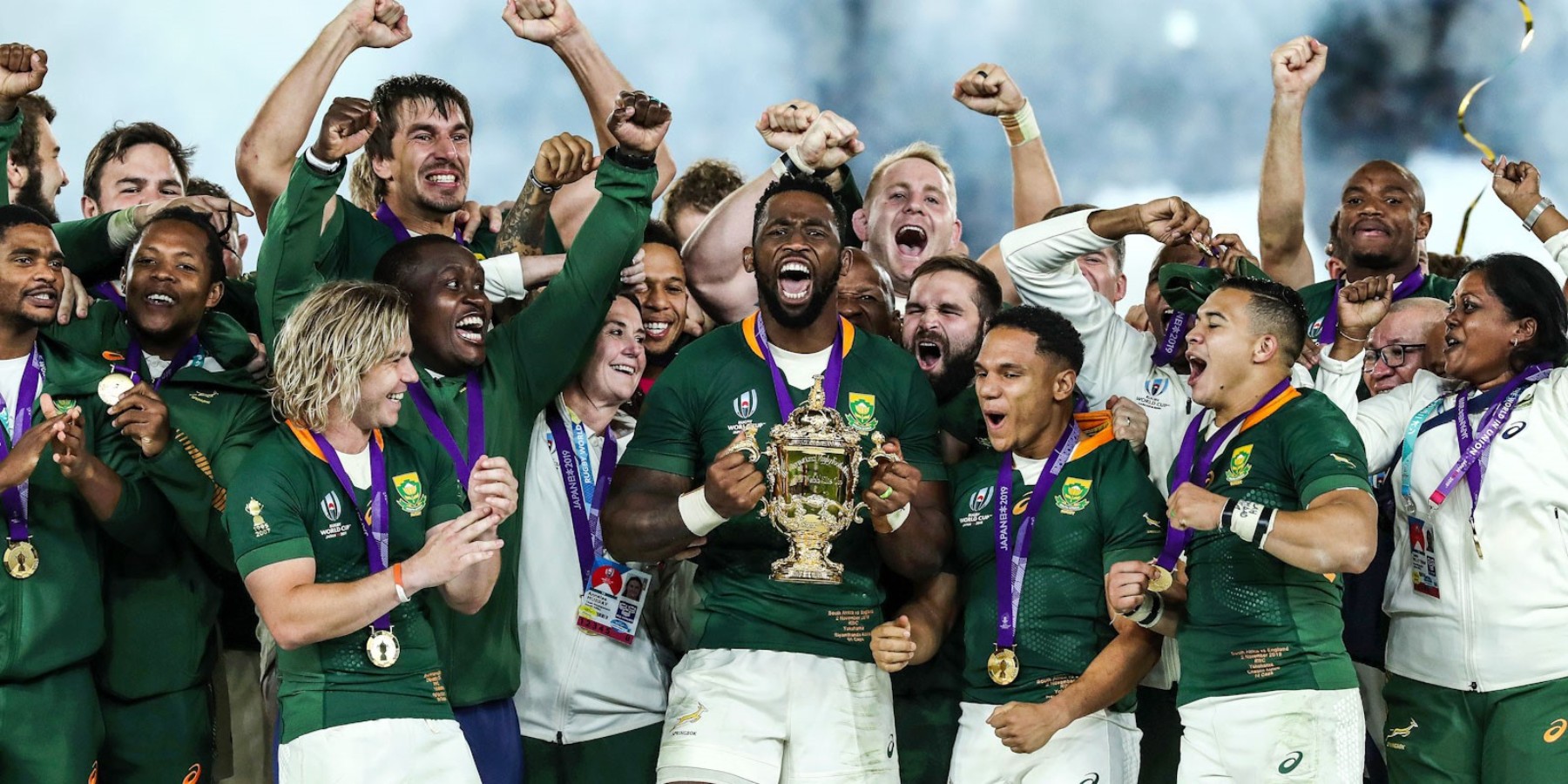
In the heart of every South African, you’ll find an undying love for the BOKKE! Rugby is an intrinsic part of South African culture, with the Springboks, the national rugby team, being one of the nation’s biggest prides and cultural symbols.
With South Africa being the 5th most rugby-obsessed country in the world, some may say that we South Africans take our love and passion for rugby a bit too far. But when you look at the major role rugby played in bringing South Africans together after the deep segregation of apartheid, it’s no wonder rugby is found in every corner of the rainbow nation and can still get every single South African cheering on their feet.
Here’s everything you need to know about the history of rugby in South Africa and its essential role in bringing this once-divided nation together.
History of South African Rugby
You can’t begin to understand the significance of rugby in South Africa without looking at its powerful and impactful history. Let’s take a quick journey through the complex story of the South African Springboks.
South African Rugby During apartheid
The story of rugby in South Africa during apartheid, before the first democratic election, is one of segregation, oppression and propaganda. Once the Nationalist Party came into power in 1948, its racist apartheid policies prohibited and prevented any nonwhites from participating in rugby, while they used the white-only national rugby team to promote Afrikaaner nationalism and further its racist ideals.
However, the rest of the world eventually boycotted and protested against South Africa’s apartheid policies stopping South Africa. When apartheid finally came to an end in 1991, South Africa, a newly-democratic state, was able to celebrate the official inauguration of the South African Rugby Football Union on 23 March 1992. This was also when the International Rugby Board announced South Africa as the host of the 1995 Rugby World Cup — a pivotal moment in South Africa’s cultural history.
1995 Rugby World Cup
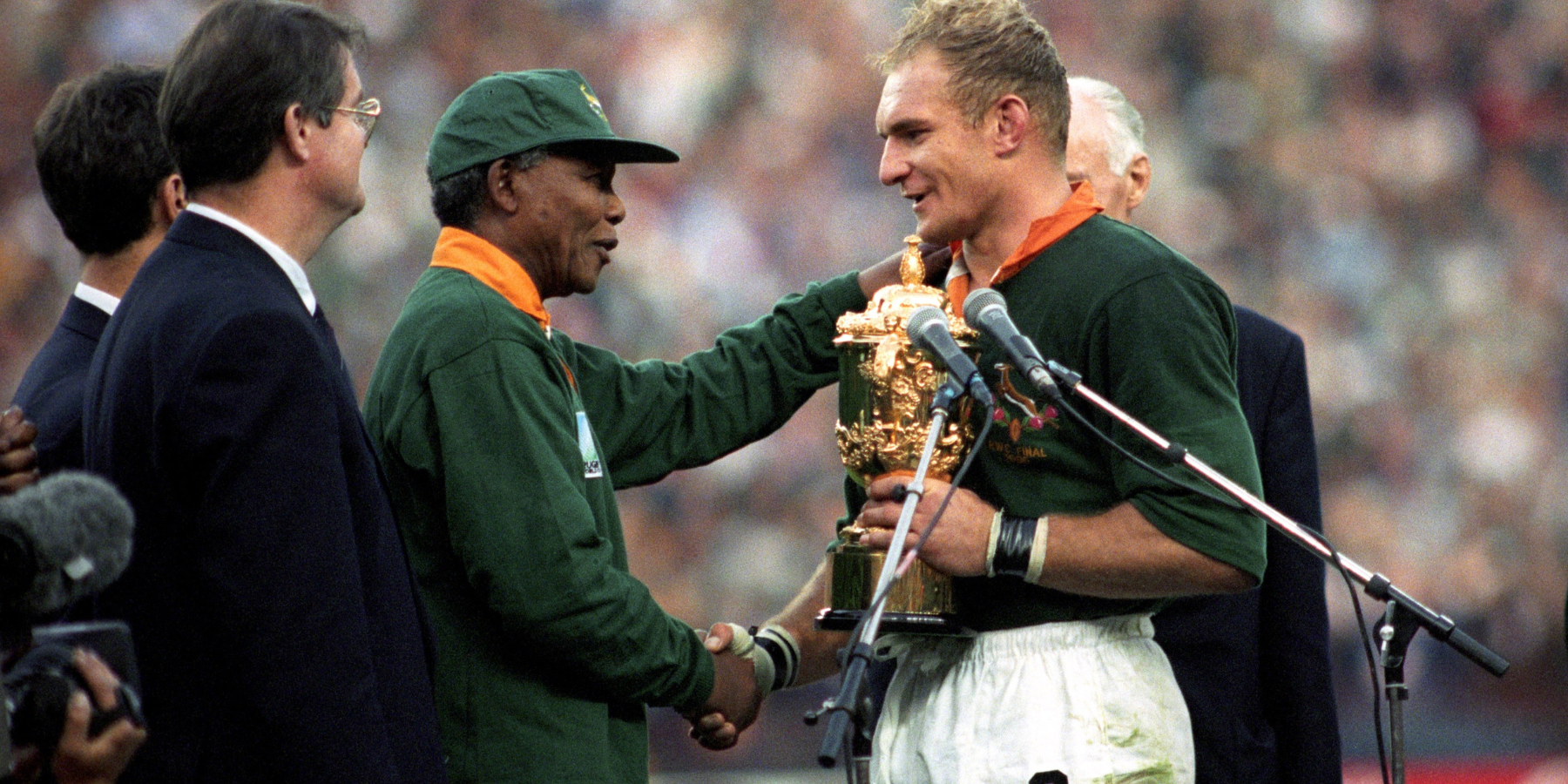
Not only was this South Africa’s first time allowed to participate in the Rugby World Cup post-apartheid, but it was also staged on home soil. Add the prevailing racial tensions from a newly united country, and it’s safe to say the pressure was on. But the Bokke came through.
South Africa won the final against the fan favourite, New Zealand, in an epic, nail-biting match for the history books with the final score of 15-12 with a drop goal scored by South Africa in extra time.
This victory stood as a crucial turning point in bringing the divided rainbow nation together with the singing of the new national anthem and the iconic moment of President Nelson Mandela raising the trophy with the message — One Team, One Country.
This story was so powerful, that it was even picked up by Hollywood in the film Invictus starring Matt Damon and Morgan Freeman.
2007 Rugby World Cup
The 2007 Rugby World Cup in Paris became another triumphant moment for the Springboks and the rest of South Africa. Captained by John Smit, the Springboks defeated England 15-6 — a tense game with no tries, but 4 penalty kicks from Percy Montgomery and 1 impressive long-range kick from Francois Steyn.
2019 Rugby World Cup
The 2019 Rugby World Cup in Japan marked another pivotal point in South African rugby history where the Springboks were led out onto the World Cup Field by a black captain who then led them to victory.
In yet another clash against England in the final, South Africa took the trophy with the score 32-12. This win, over 10 years after the last, not only signified that South Africa rugby was back on top but also served as an empowering moment for young children throughout South Africa to pursue their rugby dreams.
2023 Rugby World Cup
The 2023 Rugby World Cup, with all its drama and last-minute comebacks, has become another one for the history books. The Springboks are once again captained by Siya Kolisi, paving their way to the final against New Zealand through a series of nail-biting matches, often coming down to the last few minutes.
Being the first time since 1995 that the Springboks and All Blacks were meeting in the final of the Rugby World Cup, it was a high-pressure game exploding with excitement from both sides. That's why it's no surprise that South Africans were dancing in the street dressed in green and gold after their close but impressive victory over New Zealand with the final score of 12-11. Winning our 4th trophy, South Africa is officially the country with the most Rugby World Cup titles.
View this post on Instagram
How Rugby Brings South Africans Together
So with this complex history and set of legendary moments, where is South African rugby today? It’s still one of the most powerful forces in bringing every single South Africa, no matter the age or background, together — whether it’s celebrating a victory or consoling each other after a hard loss.
South Africans will move mountains just to be a part of the gees and join arms with their fellow South Africans in support of the Springboks. And nothing will get in their way — not even load shedding or no DSTV. You’ll see South Africans from every corner of the country congregating in restaurants, bars and even shopping malls. You’ll find South Africans from all over the world coming together in bars in every country, making new friends and sharing all the emotions. There’s no past-time more South African than a braai and rugby game on the weekend.
And after a victory, you’ll find South Africans dancing, cheering and singing in the streets, coming together as one. The bottom line is — a victory for the Springboks is a victory for the whole of South Africa.
View this post on Instagram
South Africa vs New Zealand: The Springboks Biggest Rivals
Throughout the decades, New Zealand’s rugby team, the All Blacks, has remained South Africa’s biggest rivals. And it’s no surprise considering these two teams have consistently been the best teams in the world, with South Africa currently sitting at number 1 and New Zealand close behind at number 2.
This rivalry has been characterised by two incredibly passionate nations that, in the face of much adversity, have managed to find unity and solidarity in rugby, celebrating their culture and bringing their people together. When these two powerful teams, fighting for their countries, come head to head, you know you’re in for a commendable fight to the end.
The rivalry began at the 1995 World Cup Final — an emotional and momentous time for both teams where South Africa came up on top despite all odds. The Springboks have faced the All Blacks 4 times in the Rugby World Cup since then, with New Zealand just leading the head-to-head at 3-2.
But with the 2023 Rugby World Cup on the horizon, who knows what will happen next in this legendary rivalry?
Grassroots South African Rugby in Schools
The Springboks are not only cultural icons but are also a massive source of inspiration for young students in South African schools.
Rugby has become an essential sport in schools, particularly in boys’ schools, where every Saturday entire communities will come together to support their team whether you’re young, old, a parent, an alumni. High school rugby matches are even televised across South Africa to encourage wide support and investment in the rugby stars of tomorrow.
South Africa is also investing in the youth with a number of development programs including VUKA Rugby, Legends Cup, the Rugby Academy SA and Iqhawe Week.
And it’s important to note that rugby in South Africa is not just for the boys. Young girls are starting to pick up the rugby ball whether it's touch, 7s or 15s. This has been spurred on by the promotion of women’s rugby in South Africa, with the Springbok Women’s Rugby Team global ranking at 15th.
One of the biggest School Rugby events has to be the Craven Week. The tournament started in 1964 and it's been going strong ever since. A lot of our top players come through this historic rugby tournament for young boys.
Local Rugby Teams
With local leagues like the Curry Cup, South Africa has a set of local rugby teams, including:
-
Bulls - Pretoria
-
Stormers - Cape Town
-
Sharks - Durban
-
Cheetahs - Bloemfontein
-
Lions - Johannesburg
-
Pumas - Nelspruit
-
Griquas - Kimberley
Famous Springbok Players
1. Francois Pienaar (1993 - 1996) - Flanker: Famous for leading South Africa to their first-ever World Cup title in 1995, playing an instrumental role in uniting the country as one.
2. Joost Van Der Westhuizen (1993 - 2003) - Scrum Half: Featuring in an impressive 3 world cups, including the momentous 1995 World Cup, Joost is regarded by many as the best international scrum half to have ever played the game.
3. Chester Williams (1993 - 2000) - Winger: As the only non-white South African on the 1995 Springbok team, Chester played a crucial part in the Springboks’ success, earning the nickname of the Black Pearl.
4. John Smit (2000 - 2011) - Hooker: Leading the Springboks to victory in the 2007 Rugby World Cup,
5. Tendai Mtawarira (2008 - 2019) - Prop: Nicknamed the Beast, Tendai is not only one of the most celebrated Springboks of the last decade but now uses his own charity, the Beast Foundation to empower South African youths.
6. Bryan Habana (2004 - 2018) - Winger: Known for his lightning-fast feet, Bryan has made almost the most appearances as a Springbok and is tied 3rd for the most tries in a match.
7. Siya Kolisi (2013 - present) - Flanker: Captaining the Springboks to World Cup victory in 2019, not only is Siya a champion of the sport but also marks a significant point in Springbok history as the first black captain.
8. Faf de Klerk (2016 - present) - Scrum Half: As a new fan favourite nicknamed the Giant Slayer, Faf is proof that dynamite comes in small packages and is loved for his feisty spirit and luscious blonde locks
Ready to bring it home!?
Rugby will forever be an intrinsic part of South African culture that will always find a way of bringing South Africans back together, no matter the circumstances. And we have the 2023 Rugby World Cup victory celebrations to prove it.
CONGRATIONS BOKKE!
What do our customers say?

What’s happening?
Please notify us of any violations. This information will be kept confidential and shared only with Wise Move.
- It’s inaccurate or incorrect
- If you find it offensive
- It’s something else

